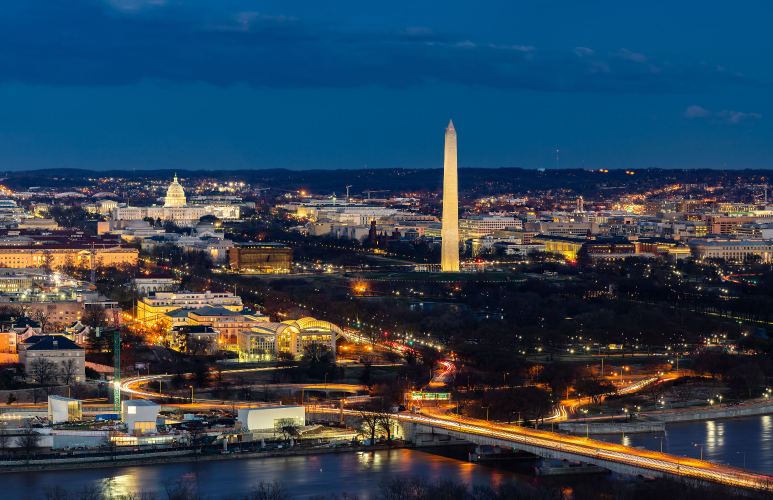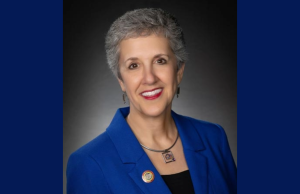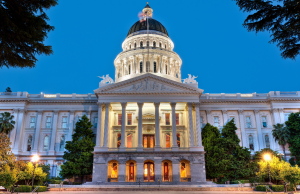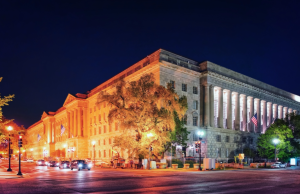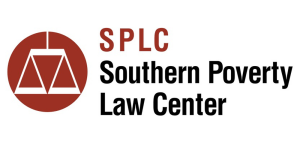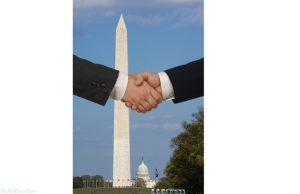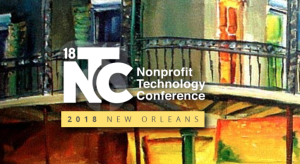More than two dozen nonprofits sounded off on a proposal to update and modernize an 84-year-old federal regulation to disclose details and relationships around policy or advocacy work on behalf of foreign interests.
The Foreign Agents Registration Act (FARA), enacted in 1938 to address Nazi and Communist propaganda, requires certain agents of foreign principals who are engaged in political activities or others specific under the statute to make periodic public disclosure of their relationship with the foreign principal.
The National Security Division (NSD) in the Department of Justice (DOJ) issued an Advance Notice of Public Rulemaking (ANPR) to solicit public comment about current regulations and whether they should be amended or clarified. Over the years, the DOJ has issued more than 50 advisory opinions related to FARA.
Published in the Federal Register on Dec. 13, 2021, the proposed Implementation of Foreign Agents Registration Act posed 19 questions for public input and received 29 comments by the Feb. 11, 2022 deadline. A variety of nonprofits filed comments, including one letter co-signed by 14 organizations that said FARA “raises clear First Amendment concerns that should be central to the Justice Department’s considerations as it proceeds in the rulemaking process.”
The International Center for Not-for-Profit Law (ICNL), which works in the U.S. and around the world to create an “appropriate legal environment for nonprofits and civil society,” submitted an 11-page letter in response to the rulemaking.
“The U.S. government has a clear interest in regulating foreign government intervention in U.S. domestic politics, however, it must do so in a targeted manner that upholds First Amendment rights and does not place undue burdens on civil society,” according to the letter from ICNL’s U.S. program team. “FARA currently takes an outdated and overbroad approach to this problem. The act needlessly overregulates and creates confusion for the nonprofit sector while infringing on protected First Amendment speech and conduct.”
In its letter, ICNL identifies issues with current regulation, including:
- FARA’s overbreadth and burden on U.S. civil society;
- The risk of politicized abuse;
- First Amendment defects; and,
- Negative impacts on civil society and U.S. foreign policy interests abroad.
The department should “modernize its approach to the concept and definition of agency, provide further clarify on the exemptions related to ‘private and nonpolitical activities,’ and bring the exemption related to ‘religious, scholastic, or scientific pursuits’ into the 21st Century so that it can help organizations meet the global challenges of today,” David Kass, vice president of government affairs at the Council on Foundations, wrote in comments to the department.
In a six-page letter submitted for public comment, National Wildlife Federation (NWF) General Counsel Benjamin Kota said the nonprofit should not be required to register as a foreign agent because it does not use grant funding to engage in “political activities.” For instance, NWF and the Department of Justice differed on whether a 2016 grant from the Norwegian Agency for Development Cooperation for work on deforestation required the nonprofit to register under FARA.
The vast majority of NWF’s work “takes place outside of the U.S. and focuses on the policies and practices of countries other than the U.S.,” Kota wrote. “NWF does not meet with U.S. government officials in connection with its work…but only occasionally. Moreover, those meetings involve no effort to change U.S. policy. On the contrary, U.S. policy already aligns with the policies advocated for by NWF in its work under the project.”

